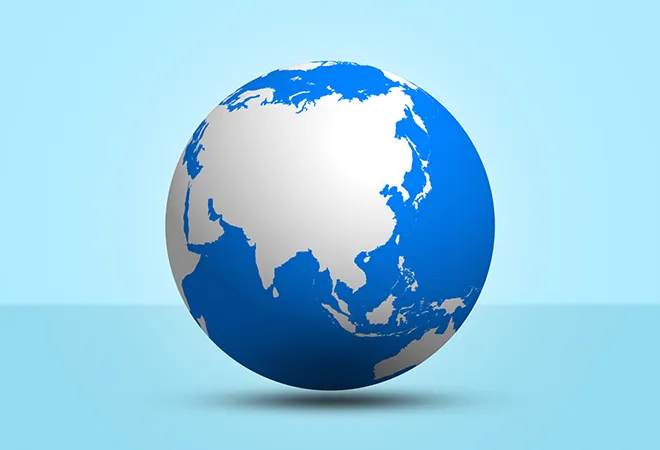
As the conventional ways of approaching policy issues are not working, it has necessitated fresh ideas and approaches. This space has been filled by think tanks. Today, there are close to 8,000 think tanks around the world, with the highest growth in Asia. There is also tremendous interest being shown by governments and civil society in having a relationship with these think tanks. Historically, during crises such as economic recession and following catastrophic events like 9/11, there has been a surge in the number of think tanks.
Certainly, the rate of change of technology will have a great impact on public policy which, in turn, will lead people to look to think tanks to comprehend the changing nature of global politics. There remains a difference between how government and non-governmental organisations approach issues. It is important for think tanks to work in tandem with governments rather than simply being auxiliary bodies. Moreover, those think tanks that employ people of varied nationalities, also offer more holistic solutions to issues facing their countries domestically, or the international community.
Instead of merely responding to day-to-day events, think tanks should involve themselves in anticipatory work. It is not enough to point out the problem; they must anticipate the future too. India, compared to other countries, is in a unique position in the evolving global environment. While the global pace of change is altering the work space in India, the country is still grappling with 19th-century problems. The inability of the Indian State to provide solutions for basic issues including sanitation, education, and livelihoods, constrains its capacity to think with a long-term perspective.
At the same time, change such as urbanisation should not take place in the same way as they have in the West. India has to offer an alternative approach to urbanisation that is sustainable, unique, and organic. India is looking at a new developmental deal in view of future challenges and perhaps more than universities; think tanks here occupy a space of knowledge generation. This implies that they would have to complement the role of the State in finding sustainable solutions to basic issues.
In the post-Cold War period, think tanks aimed at comprehensively understanding the process of globalisation and its implications. Analysis units of established newspapers like ‘The Economist’ are today offering competition to think tanks and are a reflection of the shifting politics in the West. As think tanks hope to influence policy with trickle down means, their core purpose should emphasise on engaging a larger public. Their analysis should be based on facts and evidence and should offer dispassionate, long-term analysis. This would help them in gaining trust and legitimacy from the public.
Facing competition from well-established institutions and western think tanks, analysis by Indian think tanks should offer new perspectives. One way to do this is to look at issues that are of interest to us but often fall through the cracks. While in earlier times, governments in India were resisting associations with the West, today’s governments are much more willing to disengage from that inclination. On the other hand, traditional regional organisations in India’s periphery and beyond are losing their relevance. There is a growing division within the European Union, and in Asia, India has decoupled itself from the South Asian Association of Regional Cooperation (SAARC). These developments have implications for regional and security relations.
The rising importance of countries such as China, South Korea, and India in the international system has also influenced Latin American engagement with these countries. Today, more events are being arranged between Latin American countries and organisations which are based in Asia, compared to countries which were the former’s traditional partners, such as the US and EU. This signifies that Latin America today realises the importance of this emerging relationship.
In times of growing populism and nationalistic fervor in different regions of the world, think tanks should aim to provide analyses with both, short-term and long-term perspectives.
This essay originally appeared in Raisina Dialogue Conference Report 2019
The views expressed above belong to the author(s). ORF research and analyses now available on Telegram! Click here to access our curated content — blogs, longforms and interviews.




 PREV
PREV

